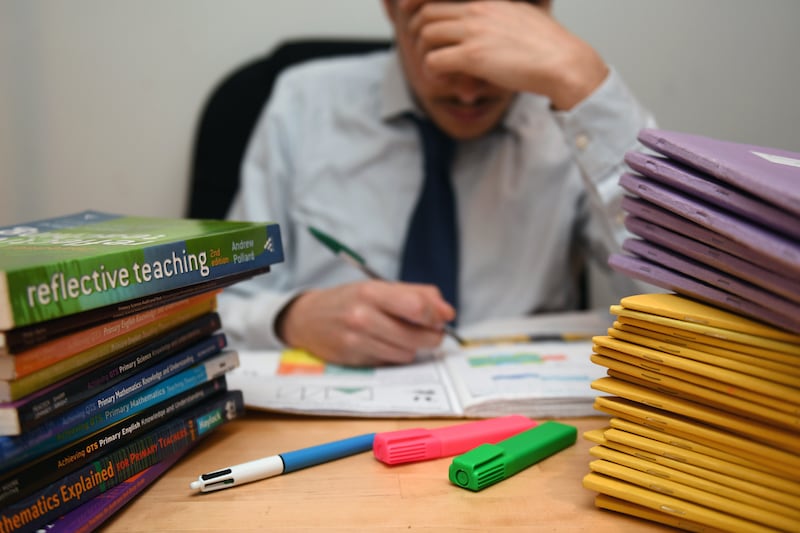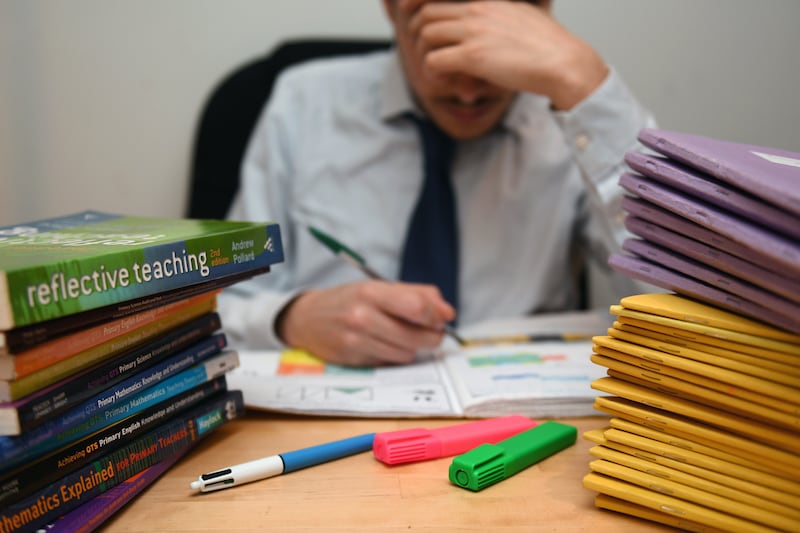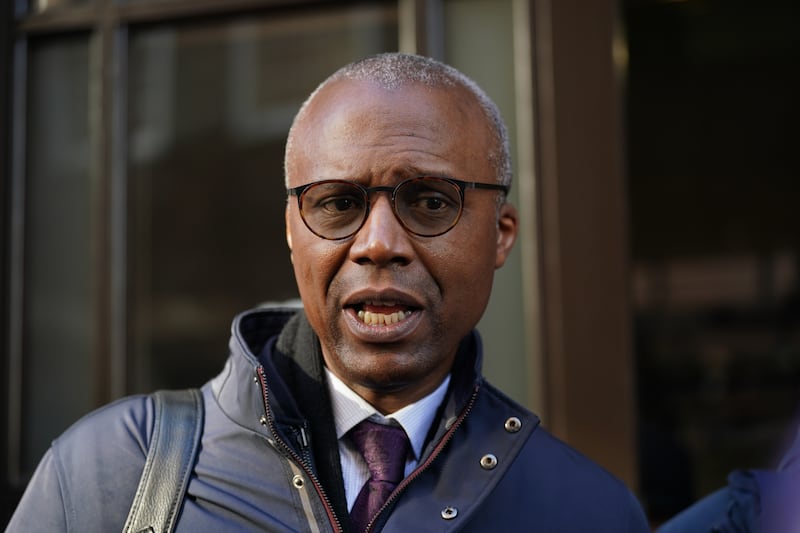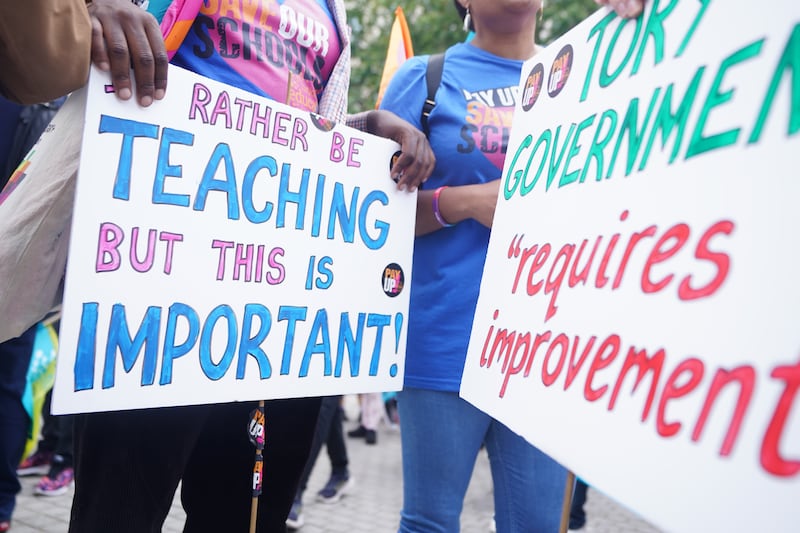Teachers in England represented by the NASUWT union have voted against holding a formal ballot for industrial action over pay and working conditions.
An overwhelming majority (78%) of NASUWT teacher members in England who took part in a consultative ballot said they did not support moving to a national statutory ballot for industrial action at this time.
The results of the consultative ballot were released at the union’s annual conference in Harrogate, Yorkshire, over the Easter weekend.
"The teachers I meet have an unshakeable belief and optimism for their pupils.
"They may sometimes feel let down, but they are never defeated and they never give up on their students." @PatrickR_NASUWT pays tribute to the amazing work teachers do as he addresses #NASUWT24 pic.twitter.com/jVBg25krzr
— NASUWT (@NASUWT) March 30, 2024
The ballot was carried out between February and March to gauge whether state school teachers would be interested in taking industrial action on pay, workload, working hours and wellbeing.
A motion, which will be debated by NASUWT delegates on Saturday, calls for political campaigning to “take priority over industrial action”.
A new deal for teachers – on pay, workload, working hours and wellbeing – will only be secured when there is a government in Westminster that is on the side of teachers, education and public services, the NASUWT leader has said.
In his speech at the conference on Saturday, Patrick Roach, general secretary of the NASUWT, accused the Conservative Government of holding teachers and young people “to ransom” by failing to set a date for the general election
A survey, of nearly 7,000 NASUWT members in January, suggests that 89% believe the Government is not doing enough to address excessive workload and high working hours.
Dr Roach said: “Our members are clear that the Government has run out of time to fix the problems of 14 years of neglect and decline.
“It would be a fantasy for the Prime Minister to pretend that he can claim the support of teachers at the general election by simply riding out the next few months and doing nothing.
“With the publication of reports from the School Teachers’ Review Body (STRB) and the Workload Reduction Taskforce due later this summer, our members will also be looking carefully at how the Government responds or whether ministers will once again seek to dither, delay and play for time.
“This is not the time for gesture politics and token action. The country is desperate for real change.
“The general election will be a crucial test of the Government’s education record and its commitment to the future of the teaching profession.”
On Friday, the National Education Union (NEU), the largest education union in the UK, said it will consider its next steps at a special executive meeting on Tuesday after an overwhelming majority of its teacher members in England and Wales, who took part in a preliminary ballot, said they would strike to secure an above-inflation pay rise and further funding for staffing.
Any appropriate recommendations will be put to the NEU’s annual conference in Bournemouth next week and voted on by delegates in the subsequent days.
Last month, the Department for Education said in evidence to the STRB that teachers’ pay awards should “return to a more sustainable level” after “two unprecedented years”.
In July last year, the Government agreed to implement the STRB’s recommendation of a 6.5% increase for teachers in England, and co-ordinated strike action by four education unions was called off.









